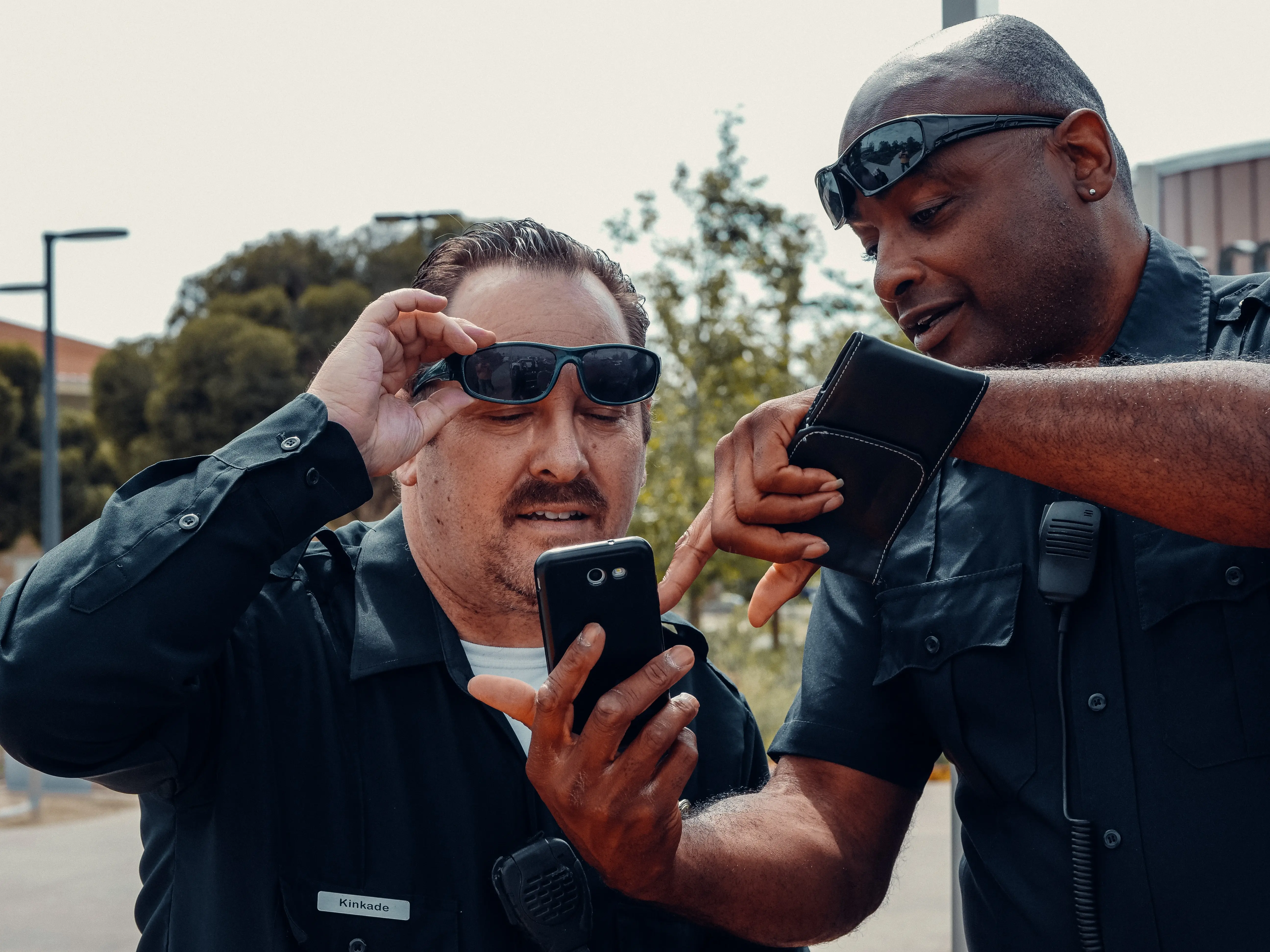Sample by My Essay Writer

The issue of whether or not to allow law enforcement officials access to encrypted cell phone data has recently hit the media spotlight, and with good reason. It deals with the basic rights to privacy afforded all citizens of the United States, and brings up questions as to whether those gathering intangible technological data should be held to the same standards as those who are working with physical evidence. In today’s increasingly technologically dependent society, this is an important question to be asking.[“Write my essay for me?” Get help here.]
The first article, “Court Restricts Law Enforcement Access To Cell Phone Location Information” (Fujimoto, 2008) deals with a court decision requiring federal law enforcement agents to obtain warrants if they want to access information about where a customer was when he or she made a call. According to the article a Pennsylvania District Court upheld the decision that investigators must “obtain a search warrant meeting the higher standard of probable cause under Federal Rule 41 before they would be able to access a cell phone customer’s records showing where the customer was when the call took place” (Fujimoto, 2008). Most customers do not realize that this data is even being collected, and allowing access to it without a warrant would, the judge decided, be a violation of their privacy.[Need an essay writing service? Find help here.]

The case deals with stored data rather than live location information, and finds that there is no distinction between them legally. The court goes on to decide that there is no basis for “meeting a more lenient ‘reasonable relevance’ standard” (Fujimoto, 2008). This upholds the idea that law enforcement cannot use technological data in a way that violates customer’s Fourth Amendment rights. The results of the trial are important because they set a precedent for law enforcement handling of other technological data.
More recently there has been a similar question as to whether or not federal officials should be allowed access by Apple to their customer’s encrypted data. The article “Apple’s Other Court Fight: Judge’s decision over locked phone in drug case could influence national privacy debate” (Barrett, 2016) speculates about the position of Judge Orenstein, who will rule on the question in court. It discusses previous cases of a similar nature that Judge Orenstein has handled and points out that in the past “Judge Orenstein reasoned that gathering someone’s location information is in some ways like tapping their phone, and prosecutors should have to show some evidence of criminal activity before collecting that data” (Barrett, 2016). Following the precedent set in the court case discussed in the first article as well as his own previous rulings it is likely that the Judge will find that federal officials should not have unrestricted access to individual’s encrypted data.[Click Essay Writer to order your essay]
Although they deal with different aspects of cyber security and privacy, the combined effect of these articles is to establish that law enforcement’s previous and in some cases current use of cell phone data as evidence is a violation of Fourth Amendment rights. These cases seek to remedy that violation.
References
Fujimoto, Shirley (20 Nov. 2008). “Court Restricts Law Enforcement Access to Cell Phone
Location Information.” Mondaq Business Briefing. Mondaq Ltd.
Barrett, Devlin (25 Feb. 2016). “Apple’s Other Court Fight: Judge’s decision over locked phone
in drug case could influence national privacy debate.” The Wall Street Journal. Dow






